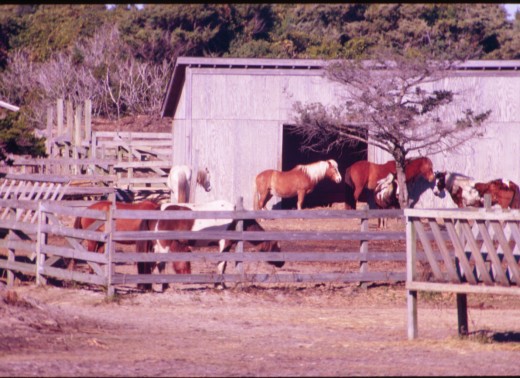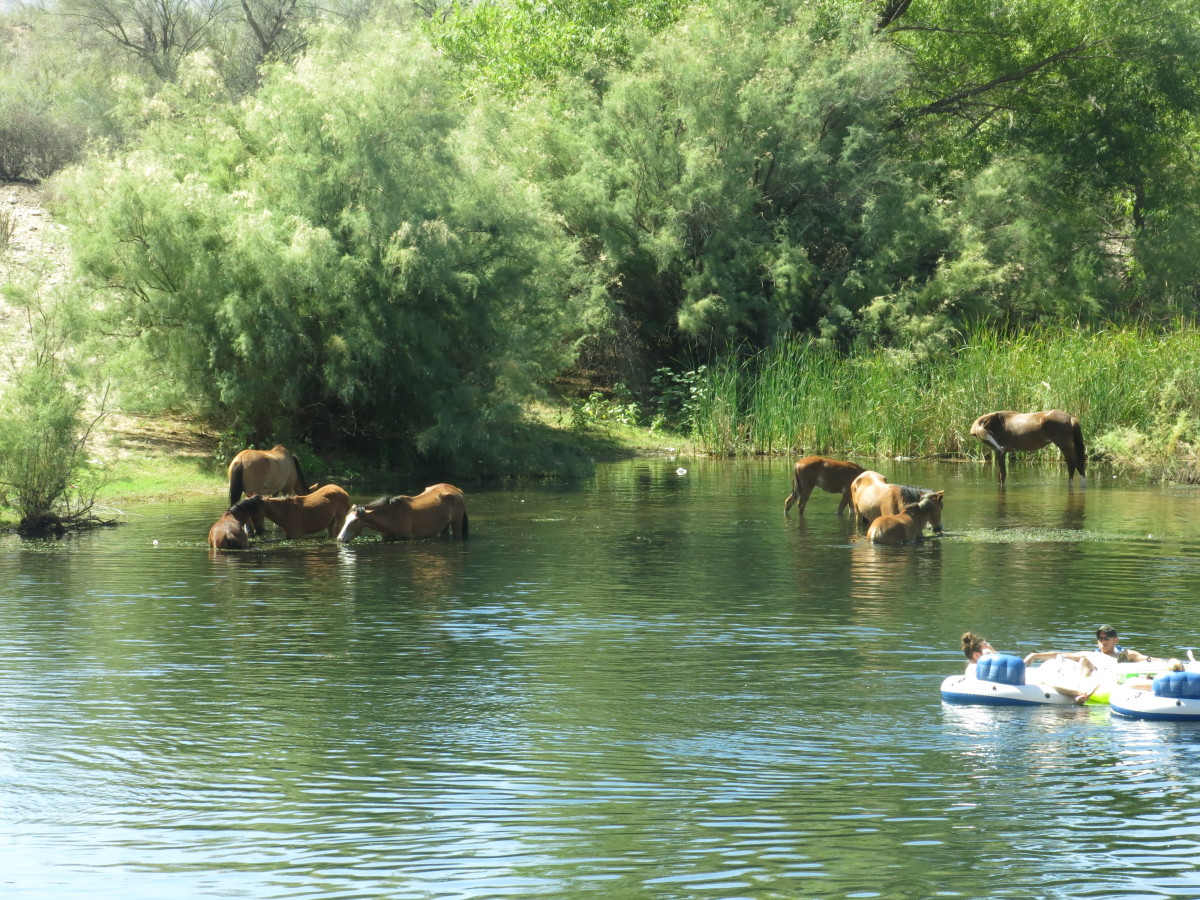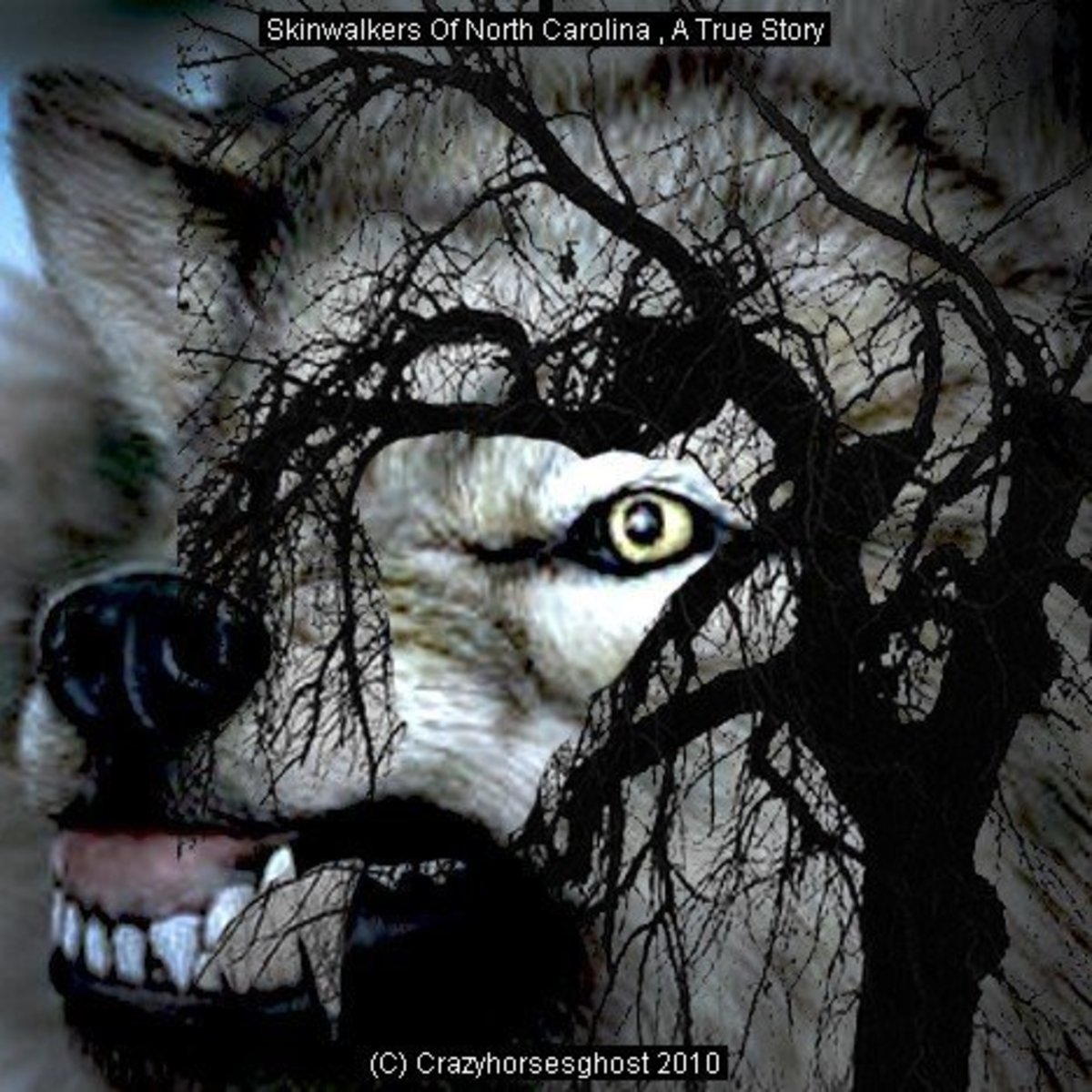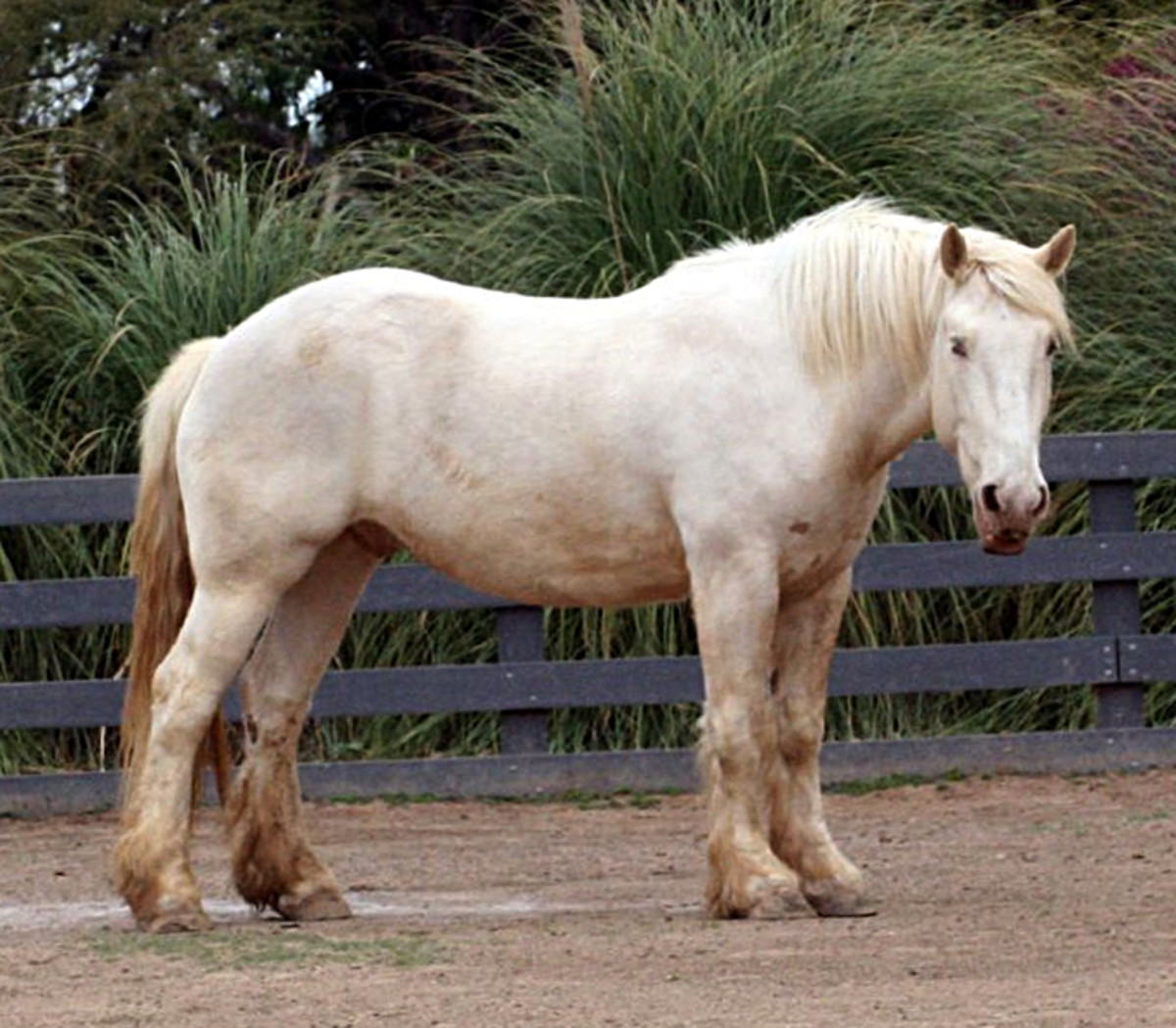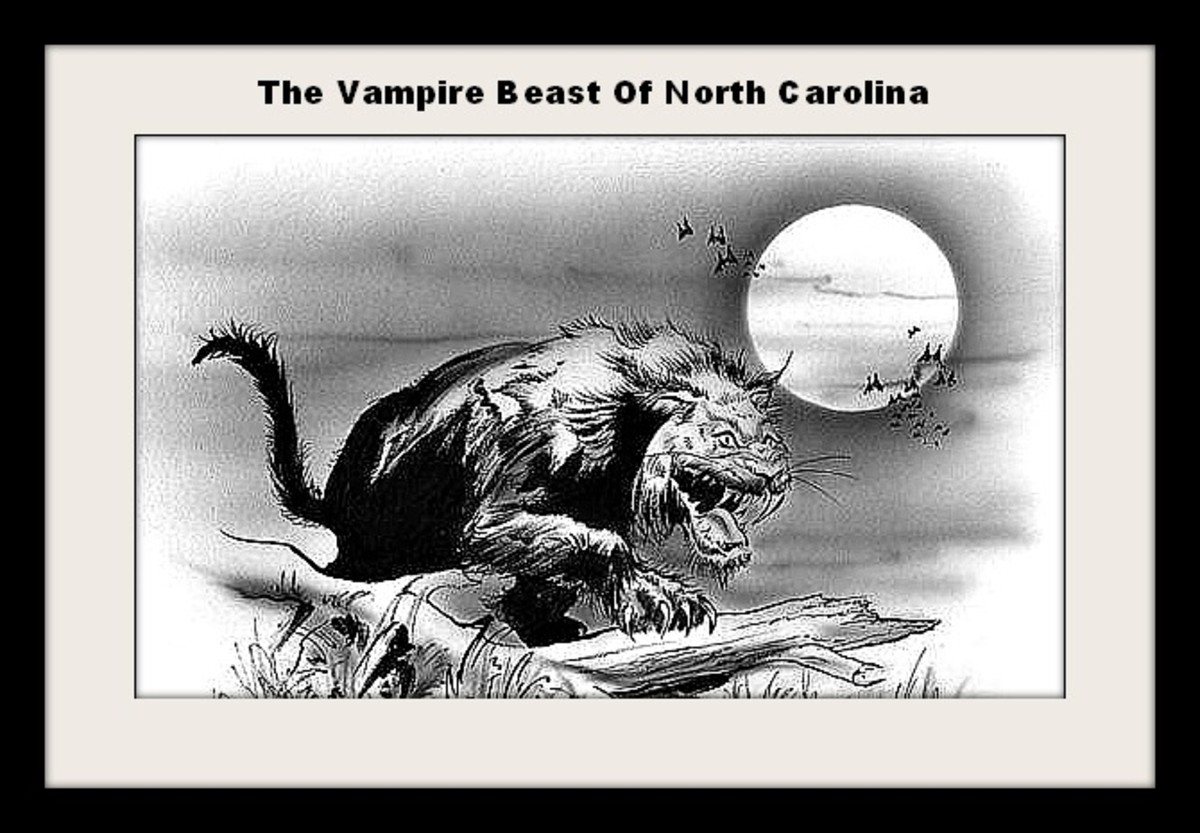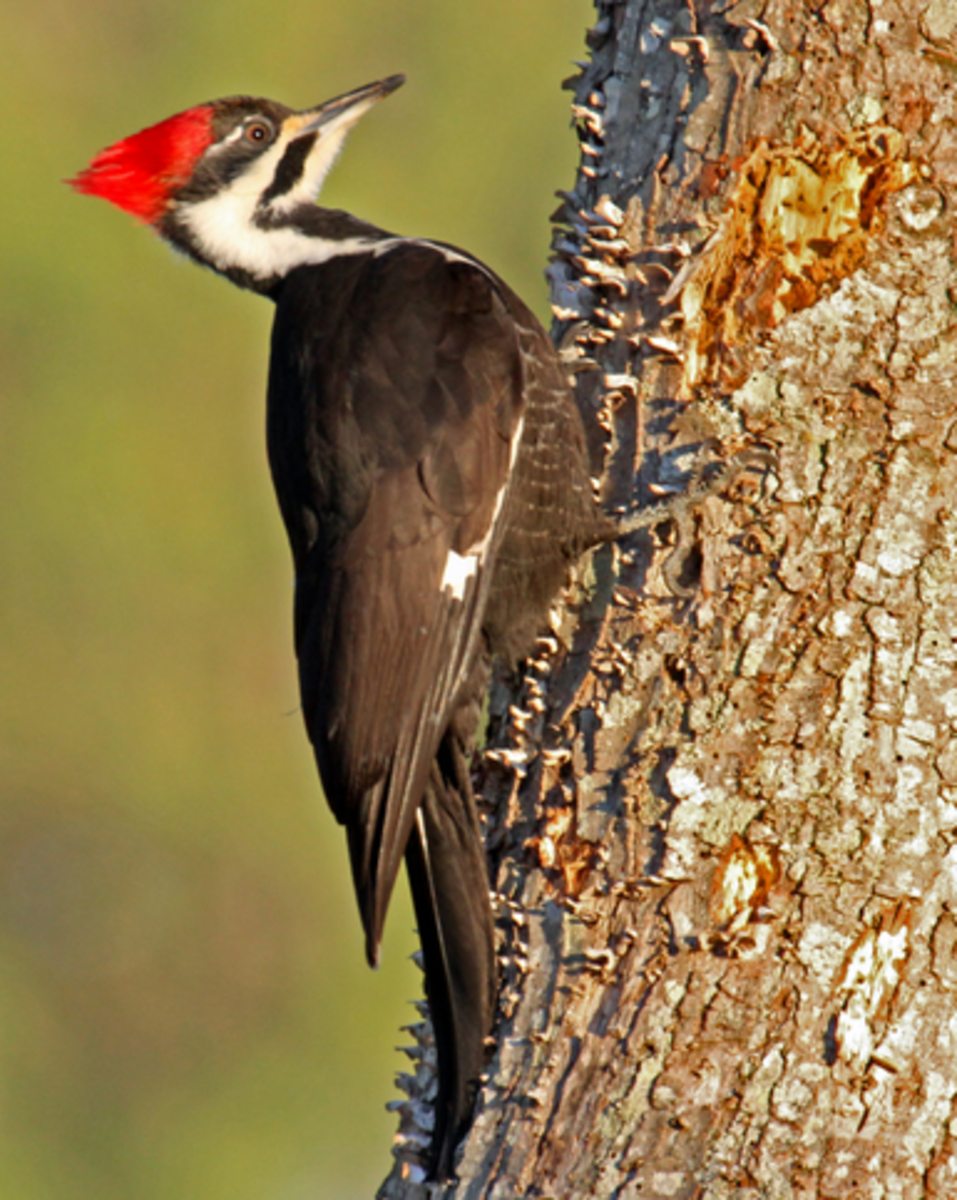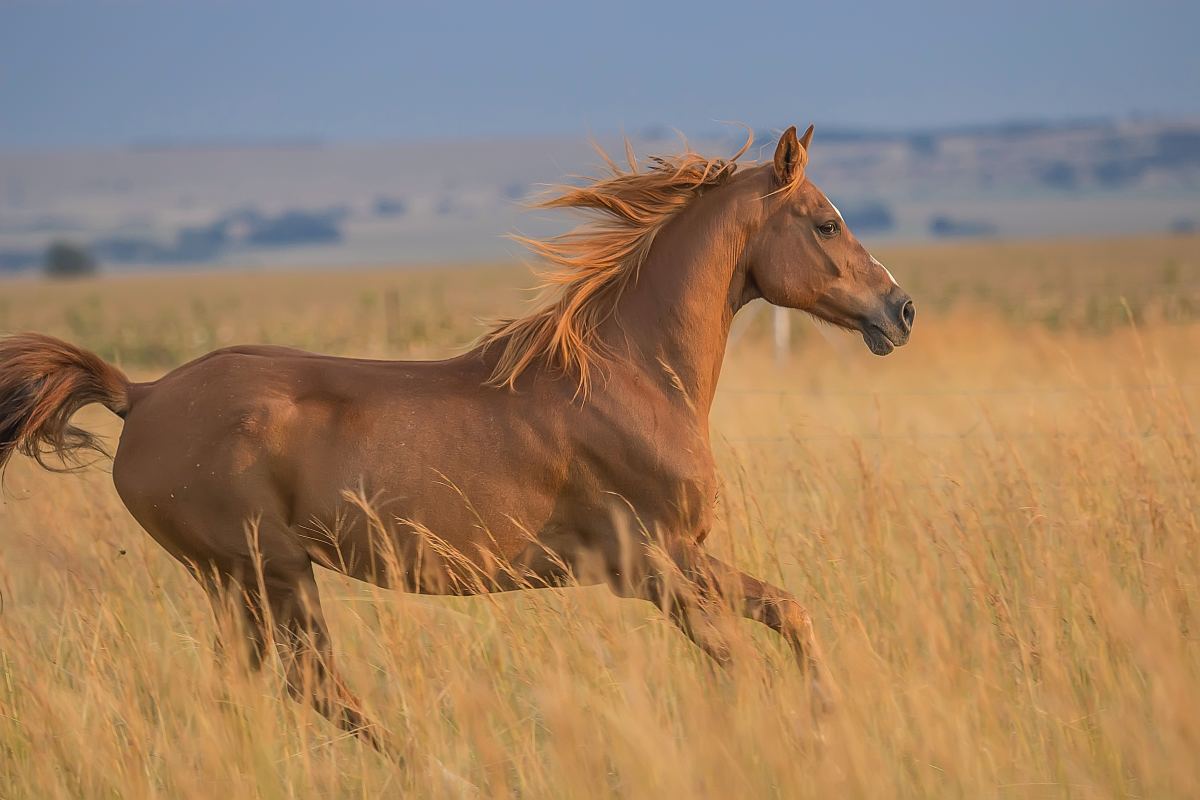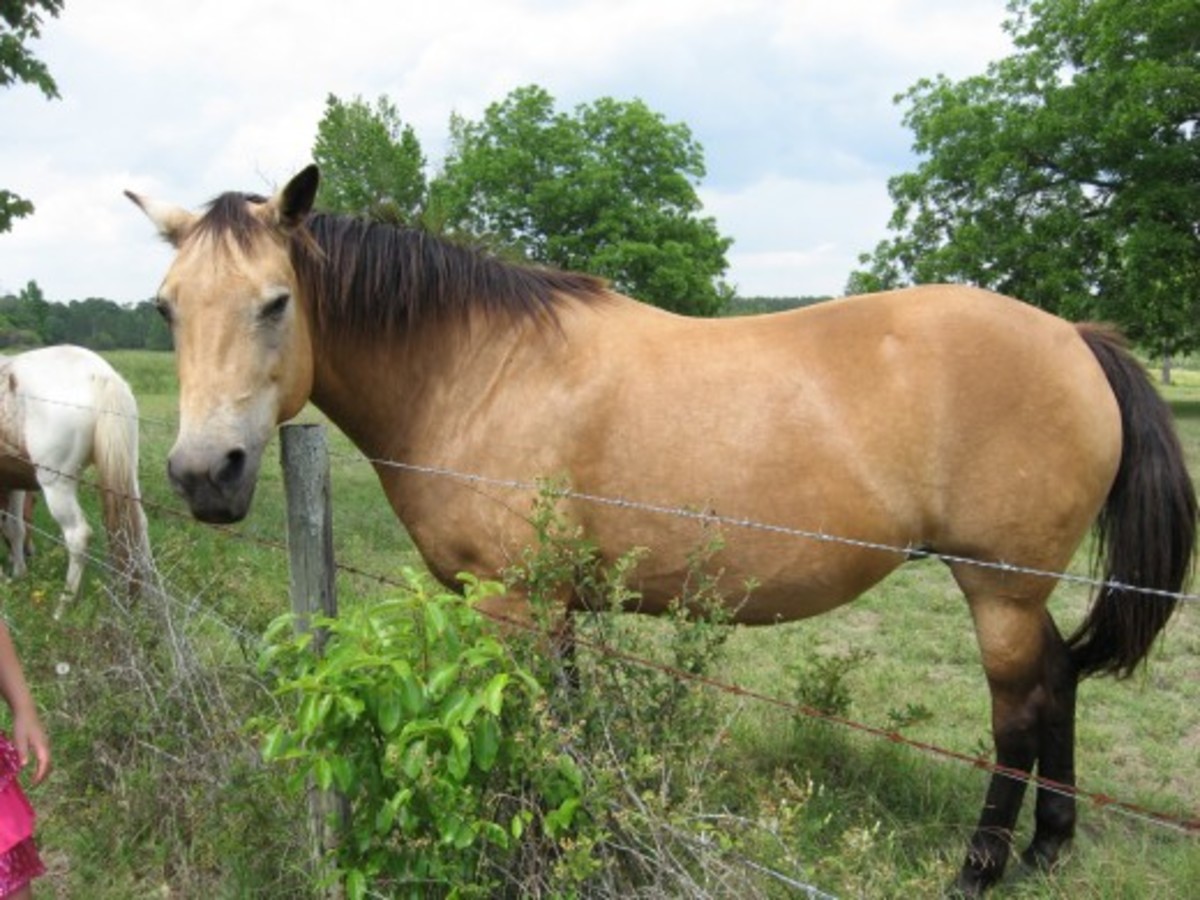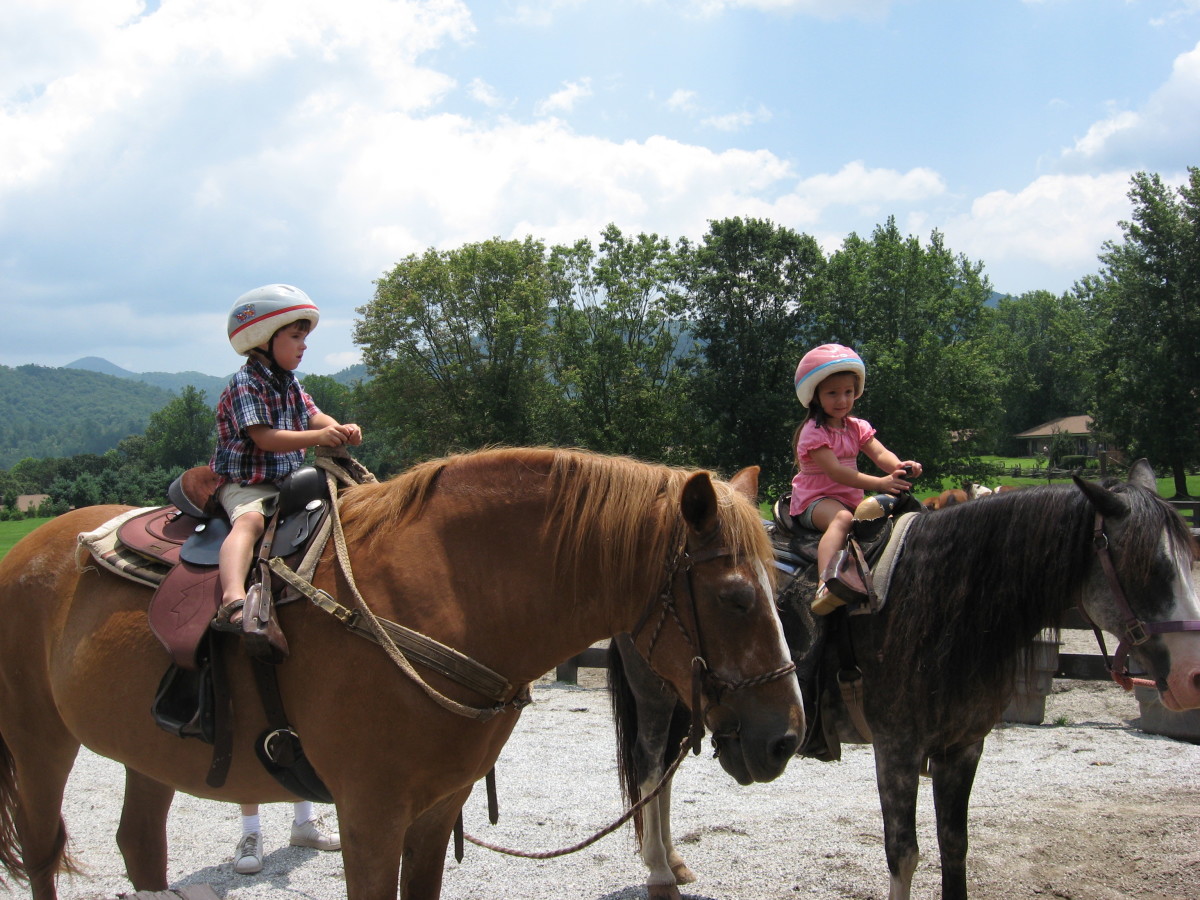North Carolinas Official State Horse
Students Led the Campaign
On June 2, 2010 it became official. The Colonial Spanish Mustang, aka the Banker Pony, is North Carolina's State Horse. Over 1000 children in Currituck and Dare County school led the campaign to make this dream a reality.
Last December I visited Moyock Elementary School to talk about how the wild horses of the Outer Banks inspired me to write two historical fiction books for young readers. The children were very excited and interested in hearing what I have learned about the origin of these horses – called over the years by several names such as banker ponies, marsh tackies, sand ponies, and mustangs. The wild horses of Corolla and Shackleford Banks on the coast of North Carolina now have an official name – Colonial Spanish Mustangs. And now, thanks to over 1000 students of Currituck and Dare counties, they are also our State’s official horse.
These students led the campaign to give the horses this important status. But it has taken decades for the horses to be recognized as descendants of the Spanish horses brought to the New World over 400 years ago. It took a lot of hard work, DNA testing, research and just plain sweat producing hard work to preserve these horses that played a key role in not only North Carolina, but American history. In fact, the Banker horses were the foundation stock of today’s most popular horse breed, the American Quarter Horse.
Corolla Wild Horses
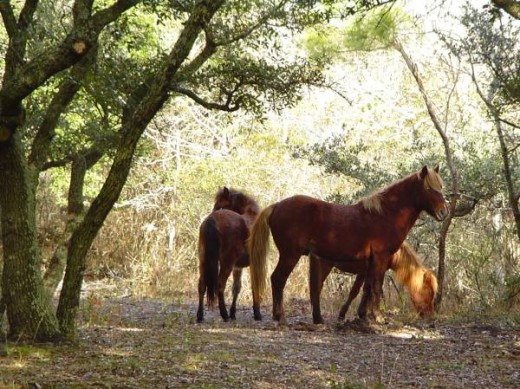
History of Outer Bank's Wild Horses
North Carolina's Outer Banks are home to several herds of wild horses. As late as the nineteen-fifties, they numbered over 5,000. Today there are only a few hundred left, and people worry that the horses will eventually be crowded out entirely.
To look at the environment of the islands one can only marvel at how these animals have survived at all. The Outer Banks is a place of fierce hurricanes, scorching summer heat, and stormy, cold winters. But these horses are hardy little guys that live off tough sea grasses and shrubs. They drink brackish water that wells up into the holes they dig in the sand with their hooves.
Living in harmony with human and wildlife, the horses have played an important role in North Carolina's history, as horses have helped shape all parts of the United States. The horses on the North Carolina coast provided horsepower to haul in fishing nets, aided in lifesaving operations, and were used for over-land transportation until the automobile's arrival.
No one was concerned with trying to prove the heritage of these little horses until the 1980's, when a burst of development started on the Outer Banks. With hotels, condos and shopping centers sprouting up where once before were only a few fishing villages, the future existence of the horses became threatened. Disease plagued the largest herd which live on Shackleford Banks, starvation almost wiped out the herd on Carrot Island, and horses from the Corolla herd was cut in half when they were hit by cars speeding along the newly paved highway 12 in the 1980s.
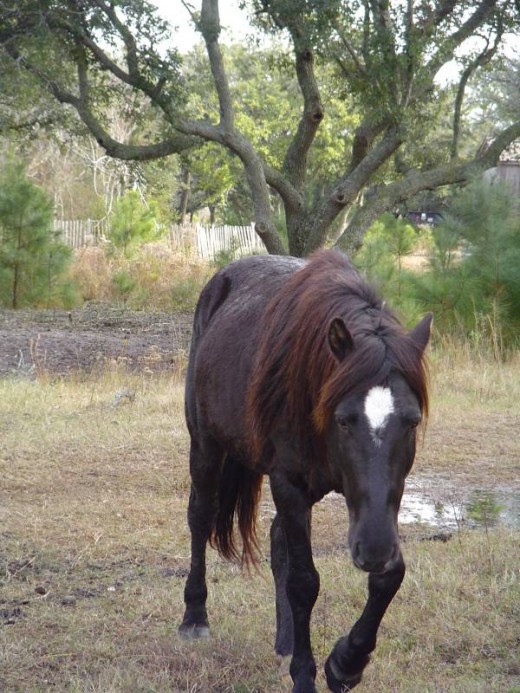
People Take Action to Preserve the Wild Horses
People living on the islands, as well as tourists who visit the resort area on vacations, loved seeing the horses grazing among the sand dunes and galloping in the surf. They became determined to make sure these beautiful animals would still be around for their grandchildren to enjoy. Welfare groups were forms, local and federal protection laws were passed and the news spread that wild horses in North Carolina were becoming endangered. The people went to work to save the animals that helped build the rich heritage of North Carolina.
Those of us who have seen these beautiful animals wild and free cannot help but be affected by them. It is a mystical experience to see them. The stories about North Carolina’s wild horses being hit by speeding vehicles, starving or dying from disease breaks our hearts and make us want to do something. Can we really anything we can do? After all, we can’t stop progress.
One thousand young people, children, and their teachers believed they could do something to help preserved the horses. The hard working members of Corolla Wild Horse Fund and The Shackleford Banks Wild Horse Foundation and the volunteers who help through those organizations all believed. The State Representatives Bill Owens and Tim Spears as well as Senator Marc Basnight believed. Now that it is official the hope is we can enjoy our horses for a long time to come.
There is still plenty of work to be done, we all need to stay diligent. Visit the websites of Corolla Wild Horse Fund and The Shackleford Banks Wild Horse Foundation to learn ways you can help in the efforts to preserve our Colonial Spanish Mustangs.
Ocracoke Herd Managed by National Park Service
